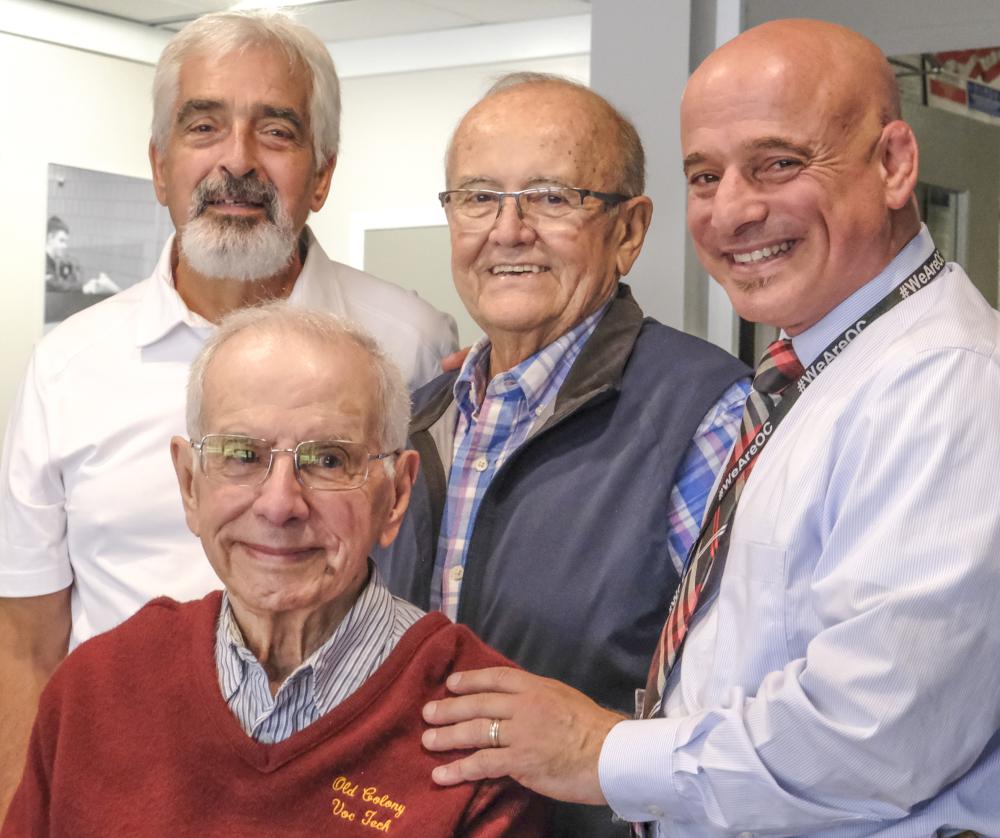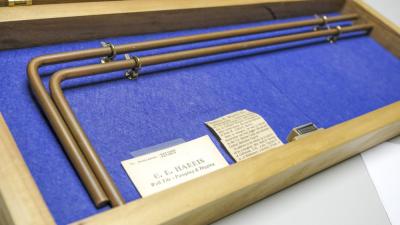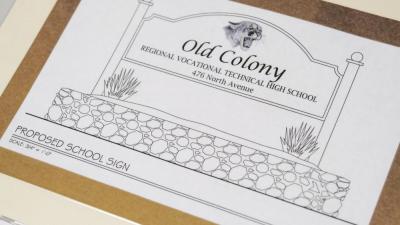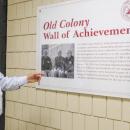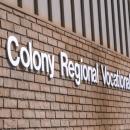Old Colony superintendents through the decades share school’s 50 year history and evolution
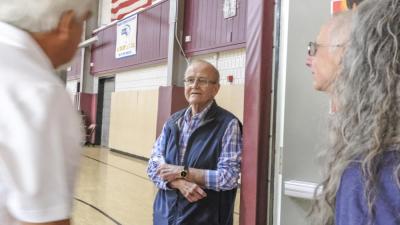
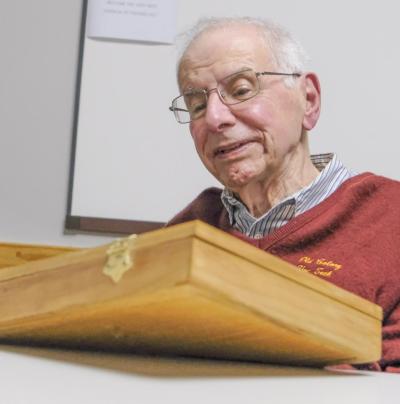
Before the Old Colony Regional Vocational Technical High School opened its doors in 1975, an unavoidable challenge had to be overcome — water had to be found.
Land had been bought and cleared, and well-water professionals were hired to find a source of drinking water for the school, but their efforts yielded nothing. The source wasn’t found until a dowser from Middleboro — someone who uses “divining” tools to locate water underground — was hired.
The dowser, Charles Harris, came to the 80 acre lot with diviners, a pair of metal rods, in hand to find the precious water source holding the entire development back. Eventually, he made a mark on the ground for the well to be drilled.
“I recall the professionals going up against a tree and laughing because they had all kinds of sophisticated equipment, and they couldn't locate anything,” said the school’s founding Superintendent John Oliveira.
“It was drilled, and it didn't go too far below the surface before we had water beyond our expectations. He didn't want anything for his services, but we paid him for gasoline,” he added.
The last-ditch effort left Oliveira, who held his role from 1975 until 1990, and the water survey professionals surprised, but able to erect one of the first vocational schools in the area.
Oliveira was part of the “founding fathers” — a handful of building and school committee members who helped procure both the roughly 80 acres of Rochester land the school sits on at 476 North Ave., and the $7 million it took to build it 50 years ago.
Since its inception, Old Colony has offered vocational training in various industry trades. Students from the towns of Lakeville, Acushnet, Carver, Mattapoisett and Rochester have come to the school for a different avenue of education that supplies them with both academic and technical training.
As of Sept. 12, 131 Lakeville students are among the roughly 550 students currently enrolled.
There have been five superintendents at Old Colony since 1975, and four of them came together, Friday, Sept. 19 to discuss the five-decade history of the school.
“We want people to understand that this is not your traditional high school,” said current Superintendent Aaron Polansky, who began his tenure in 2016.
Polansky said Oliveira set the tone for the school’s “family character” and its focus on educating students in more areas than technical skills.
“When the community knows that we're more than just a nine-through-12 high school, and that we're giving back, there's a reciprocity that's special,” Polansky said. “It's special to be a part of something that moves beyond our walls.”
Old Colony programs include training for public speaking and professional behavior as well as involving students in community projects like constructing new buildings at area Council on Agings and schools.
Other projects have included an overhaul of Loon Pond Lodge, large projects at the Ted Williams Camp and construction work in the Town Hall offices in Lakeville.
Polansky said the school’s motivation to incorporate course work in social and civil areas comes from their mission to foster a sense of pride in students, and leave a positive impact on their communities.
He added community projects give students hands-on learning opportunities, and also offset the costs to municipalities when creating new community-centered developments.
One major change to the school came during the tenure of Superintendent David Ferreira, who served as the second superintendent from 1990 to 2007.
Massachusetts mandated standardized testing for vocational high schools during the early 2000s, and while occupational instructors were at first hesitant to teach academic programs like English or science, scores eventually began to improve.
“I have to give a lot of credit to our vocational teachers, because initially their response was, ‘That's not my job,’” Ferreira said. “I'm very proud that we were one of the schools who led that charge of integration — sometimes unwillingly.”
Ferreira added this increased academic strength has been one the largest points of change since the school’s inception.
Gary Brown, the school’s third superintendent from 2007 to 2014, said the new focus on the Massachusetts Comprehensive Assessment System, or MCAS, ushered in a new kind of student at Old Colony.
“MCAS completely changed the students that we had because we were succeeding at it. We worked hard at MCAS,” Brown said.
“They had the option of going to college or going to work. I think we provided that, and we still provide that,” he added.
Polanksy said there are many pre-conceived notions about what exactly vocational schools offer. He said graduates aren’t always in the industries the average person associates with vocational schools.
For examples, he points to the school’s alumni who work in a broad range of careers, including neuro surgery, television production, software engineering, policing, teaching and various business management and entrepreneurial roles.
“A student can go to a vocational school and they can go directly into industry, or into the military or go to college. They'll become much more of an asset because of what they've learned at a vocational school in terms of transferable skills,” Polansky said.
Ferreira, Brown and Polansky agreed the school’s philosophy and character that Oliveira set forth has remained unchanged through the decades.
“We want our students to be the whole student. We want them to appreciate what's come before them and create a path, not only for themselves but for the people who will follow in their path,” Polanksy said.
“I think that these gentlemen have done a beautiful job of creating a legacy that other people can aspire to carry on,” he added.
Now, the school looks to construct a new campus building to replace the current, aging structure. This new campus will both expand its program offerings and hold more students.
On Nov. 18, voters from the five member towns Old Colony enrolls students from will decide to approve the $288 million project. $159 million is the estimated share that will be divided and shared by tax payers from the five member towns if funding is approved. The district is expected to received an Massachusetts School Building Authority grant for about $130 million.
“The [Old Colony] facility is far smaller than it should have been even 50 years ago, but it was what the district could afford at the time. Now, the demand for occupational education has eclipsed what our fondest dreams would have even been,” Oliveira said.
To find out more about enrollment, visit the Old Colony Regional Technical School website, and to find out more about the campus upgrade plans, visit the Old Colony Regional Technical School Building Project website.



